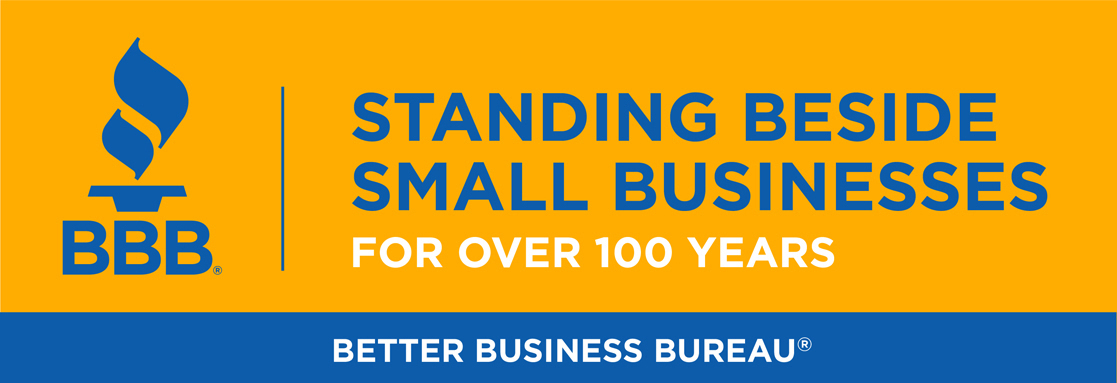Kids and collectors alike are on the hunt for the Labubu, a plush toy that comes in many variations. Labubus are in high demand right now, and some rare versions can sell for a pretty penny.
And scammers are taking notice: BBB has received scam reports from people who thought they were purchasing authentic Labubus, only to receive a counterfeit version or nothing at all.
Even if you’re not a Labubu fan, you should know that it’s common for fraudsters to try to cash in on a trending item with counterfeits or fake listings. BBB receives similar reports around the holidays when people are desperate to find high-demand toys and gifts.
Scammers are pros at creating fake listings and lookalike websites that are close enough to the real thing to be convincing. They hope you’ll be so excited about a good deal on an item you really want that you won’t notice something is off. A good rule of thumb is that an ultra-low price on a hard-to-find item is probably too good to be true.
How do I avoid counterfeit Labubus and other fakes?
• Shop with reputable sellers. A super-hot deal from a website you’ve never heard of is probably bad news. Stick to retailers you know and trust. If you’re shopping with a new store, check them out at BBB.org to see ratings, reviews and whether they are BBB Accredited. Look for the BBB Seal on websites.
• Use caution when clicking on sponsored ads. You may come across an ad promoting a sale on this season’s hot toy on social media or at the top of your search results. Remember that pretty much anyone can pay to sponsor a post or promote an ad spot on search engines – even scammers. Before you purchase anything online, always check that you are on a real and secure website.
• Check for lookalikes. It’s easy for a fake site to mimic a famous retailer’s website. Double check that the URL is spelled correctly. If the site is missing contact information for the business, that’s a red flag.
• If it sounds too good to be true, it probably is. It’s unlikely that you’ll see a huge discount on something that’s in high demand. Highly discounted merchandise is a red flag for a fake website or counterfeit products.
• Read customer reviews. It’s always a good idea to read customer reviews before making a purchase. If a product isn’t as advertised, there’s a good chance reviewers will say so. If the website doesn’t show any reviews, do an online search for reviews on other sites like BBB.org.
• Check site security. If the site is secure, its URL should start with “https://” and include a lock icon on the purchase or shopping cart page.
• Use a credit card. That way, it’s easier to dispute charges you didn’t approve or get your money back if there’s a problem.
• Keep receipts. Save a copy of the email confirmation until you receive the item and are satisfied. Know the return policy and keep this documented with your purchase records.




Facebook Comments